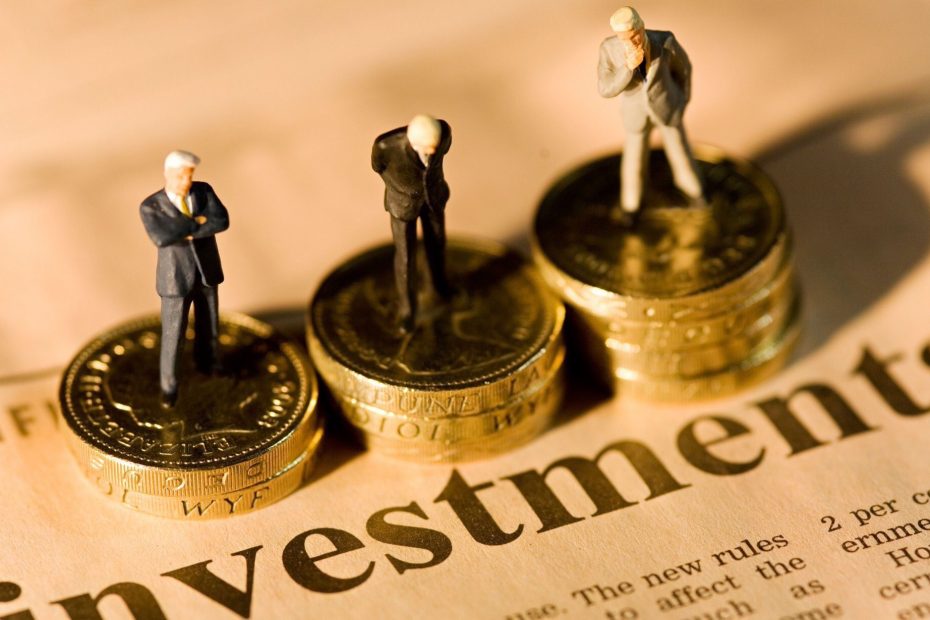Chinese investment in Europe is changing from mergers and acquisitions to greenfield projects, especially in the field of battery production for electric vehicles, according to 2022 data analyzed by research firms MERICS and Rhodium Group, reports Reuters.
Greenfield investments accounted for 57% of China’s total foreign direct investment in Europe last year, surpassing mergers and acquisitions for the first time since 2008, according to the report published on Tuesday.
Tencent’s acquisition of Sumo Digital was the only transaction worth more than one billion euros ($1.10 billion), with other major investments being in battery factories by companies such as CATL, Envision AESC and SVOLT, according to Agerpres.
“We are witnessing a major change in the way Chinese companies invest in Europe… Chinese companies have become important players in Europe’s green transition,” said Agatha Kratz, director of Rhodium Group.
Europe has some of the strictest regulations on electrification and the green transition, but battery production is lagging behind rivals in Asia, with most of the planned battery capacity coming from manufacturers in Japan, South Korea or China, a whose expertise is significant.
Setting up operations from scratch in Europe allows Chinese firms to avoid customs tariffs and transport costs, so they are not hampered by political tensions that could affect exports and imports, the report said.
Although it has increased oversight of Chinese investment in Europe, the region still remains more politically open to China than the United States, which has cracked down on Chinese battery imports through the Inflation Reduction Act (IRA), a package of 369 billion dollars that provides for the distribution of subsidies for green industries, such as the manufacture of batteries for electric vehicles, chips or solar panels.
European politicians and business leaders are still in the middle of a debate over the region’s own relationship with China, trying to support domestic industry and find new suppliers for the raw materials needed for the green transition.
